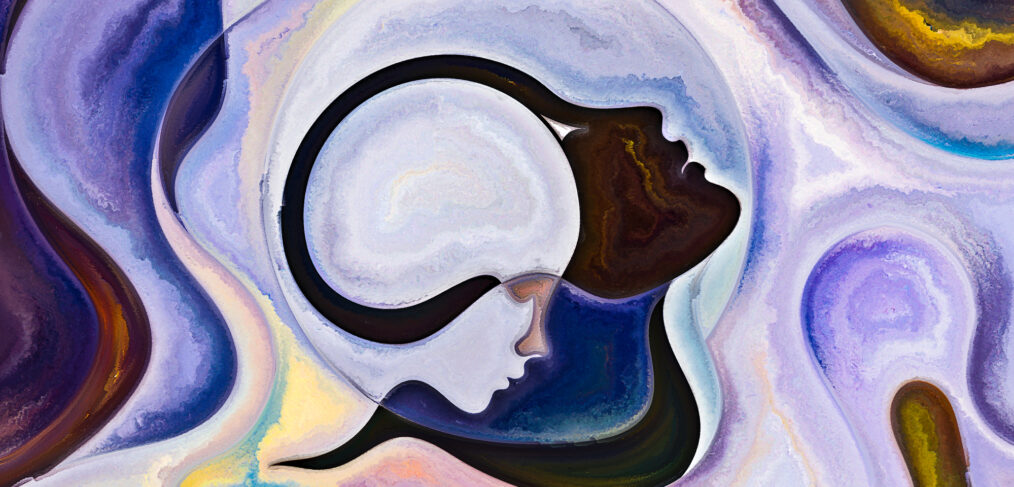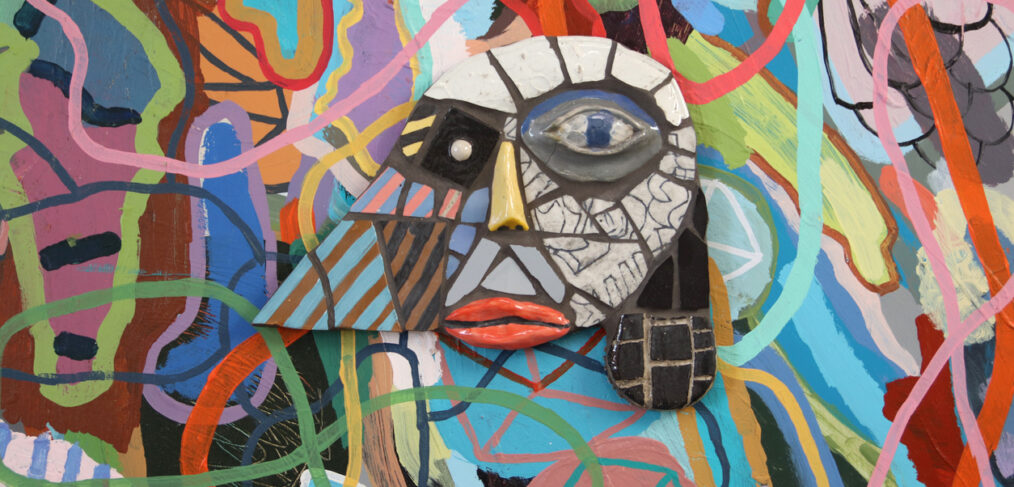Each of us has a constant stream of emotions, but how many of us are aware of that stream and fully understand where our emotions come from and how they affect our lives?
It’s easier for more extreme emotions. We might get excited and happy before we’re about to travel. This kind of emotion bubbles up inside us, and our awareness of it is unavoidable. The same can be said for extremely negative emotions, for example when we suffer the loss of a loved one. In these times, we would do anything to escape the pain we are feeling. It overwhelms us, and we aren’t able to think about anything else. Our full awareness is caught up in our painful emotional stream. But what about times when we don’t feel overwhelming emotions? What about our day-to-day emotional context and how it affects our outlook and actions? It is possible to be fully aware of these emotions too. It’s not only possible; it’s a necessary step in living our lives to the fullest. Our emotional context is a driver for every decision we make, every word we speak, and every action we take. If we can become fully aware of this layer of our psyche, we can live our lives more intentionally and purposefully, and if we can take the next step and develop insights into our emotional stream—if we can see how our emotions are likely to evolve—we can live with a keen sense of identity and direction.





